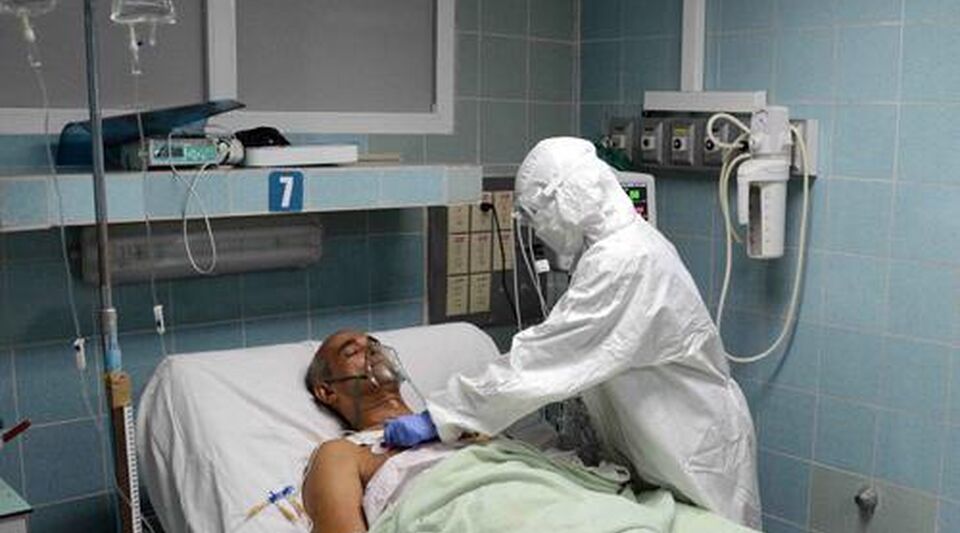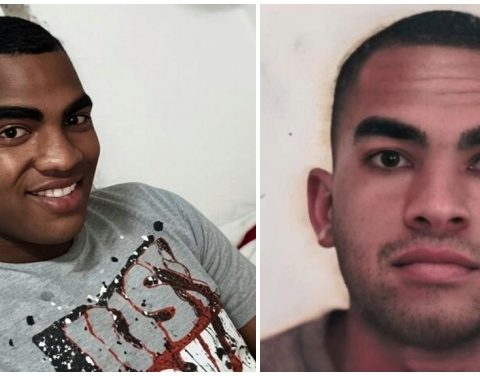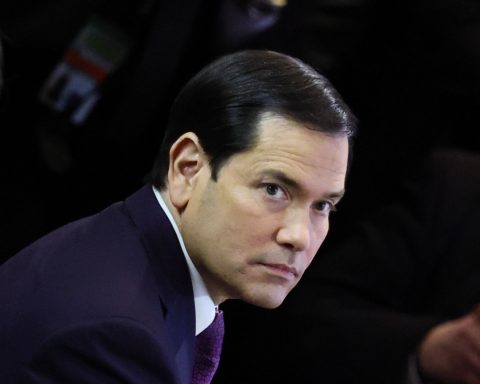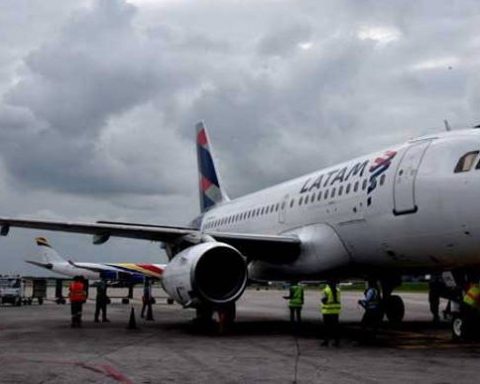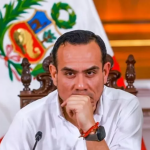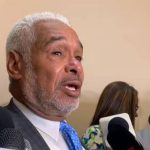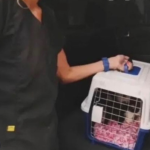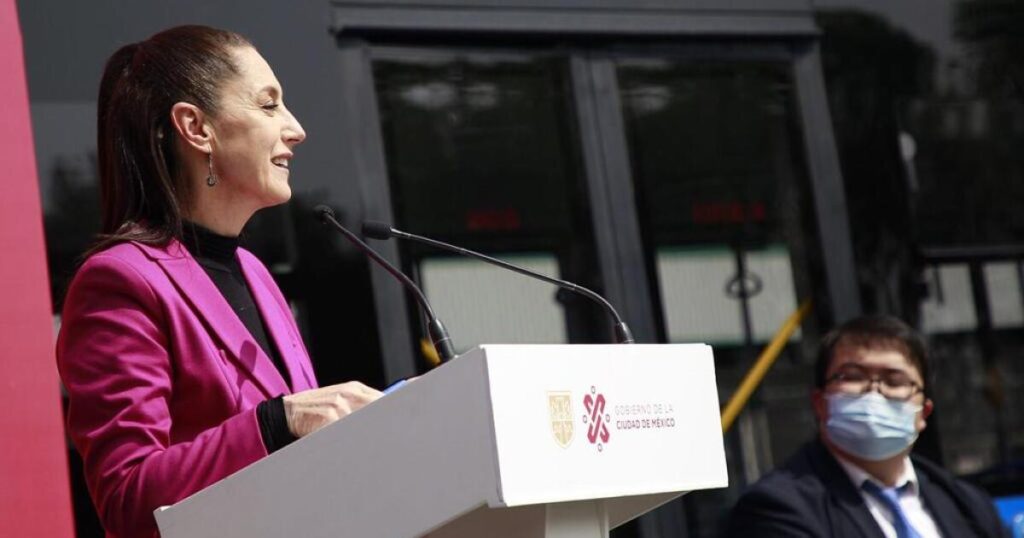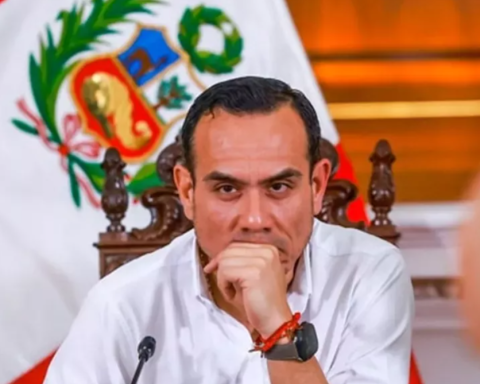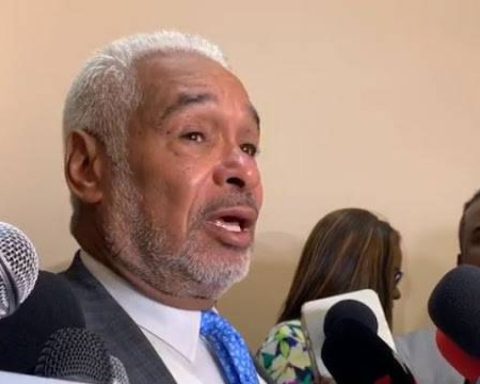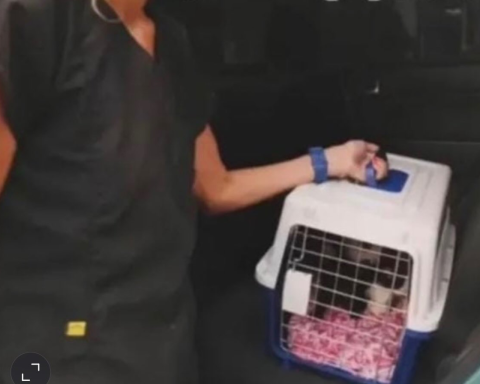The Cuban government has announced the start of a cooperation project to strengthen the national health system in the face of the covid-19 pandemic with the sponsorship of Japan and the UN Children’s Fund (UNICEF).
“It will benefit 253 polyclinics in 7 Cuban provinces and 14 hospitals in Havana,” assured on Twitter the Minister of Foreign Trade and Investment Rodrigo Malmierca, who details that “equipment worth more than two million dollars and technical training” are part of the project.
As reported by Unicef after the agreement, sealed last October, the Government of Japan has contributed 2.9 million dollars to “strengthen the health capacity” of Cuba – a country that boasts of its health system and whose main source foreign exchange is the sale of medical services abroad – in the face of the covid-19 crisis.
The international organization’s plan also seeks to ensure refrigeration equipment for deliveries of vaccines against covid-19 and the distribution of syringes.
According to Unicef, the seven provinces benefited by the donation from Japan account for some 6.6 million people, and with this project it will be possible to serve more than 375,600 minors, as well as some 19,200 pregnant women.
Aid to Cuban institutions, said a Unicef statement, was carried out “through the acquisition of medicines and critical medical devices for the treatment of patients affected by the disease
Involved in the project, together with the Ministry of Foreign Trade, the Ministry of Public Health, the state group BioCubaFarma, the Finlay Institute of Vaccines, the Center for Genetic Engineering and Biotechnology (CIGB) and the United Nations Population Fund, among others.
The Cuban vaccines with which the authorities claim to have fully vaccinated more than 88% of the population –Abdala, Soberana 02 and Soberana Plus– are not yet approved by the World Health Organization.
Last Thursday, the UN body made public that in 2021 Unicef Cuba “mobilized” a total of 4,707,197.68 dollars “to support the national authorities in containing the pandemic.”
Aid to Cuban institutions, said a Unicef statement, was carried out “through the acquisition of critical medicines and medical devices for the treatment of patients affected by the disease and the maintenance of basic health services for the population.”
The institution indicated that, with financing from the Government of the Republic of Korea and in coordination with authorities from the Cuban Ministry of Public Health, it had purchased medicines, including ceftriaxone, metronidazole, azithromycin, amoxicillin, ciprofloxacin and aspirin, for a value of $100,000. , “which have benefited the care of pregnant women and children affected by the new coronavirus throughout the country.”
It also acquired oximeters, which measure the saturation of oxygen in the blood and are essential when the coronavirus is complicated, which, Unicef referred, “will support” care for some 100,000 people, “particularly pregnant women, children and adolescents” .
________________________
Collaborate with our work:
The team of 14ymedio is committed to doing serious journalism that reflects the reality of deep Cuba. Thank you for joining us on this long road. We invite you to continue supporting us, but this time becoming a member of our journal. Together we can continue transforming journalism in Cuba.
